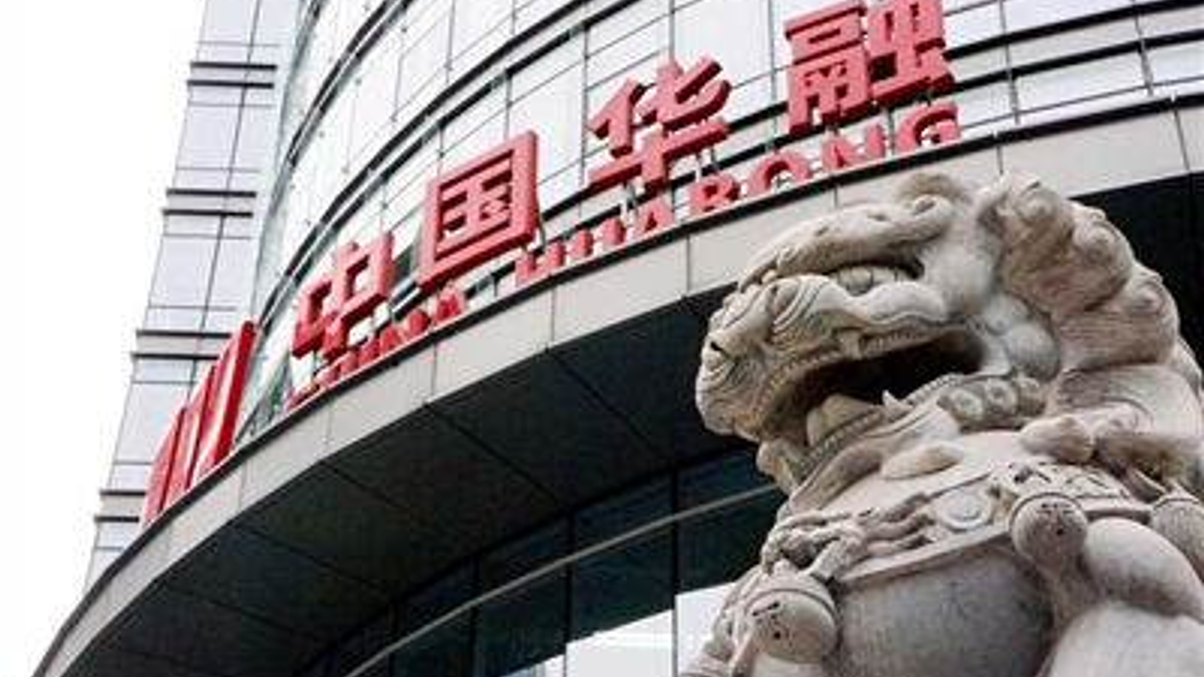Weekly investor roundup: Huarong to receive $6 billion bailout; APG to invest into HK real estate with Wang On
Chinese bad debt manager Huarong will receive a bailout totalling more than $6 billion; APG and Wang On Properties to invest $599 million into residential real estate in Hong Kong; Temasek cuts stake in Alibaba, Didi; Allianz becomes China's first wholly foreign-owned insurer; Samsung Life Insurance launches joint fund with Korea Post to invest in foreign blue chips; and more

TOP NEWS OF THE WEEK:
Sign in to read on!
Registered users get 2 free articles in 30 days.
Subscribers have full unlimited access to AsianInvestor
Not signed up? New users get 2 free articles per month, plus a 7-day unlimited free trial.
¬ Haymarket Media Limited. All rights reserved.


